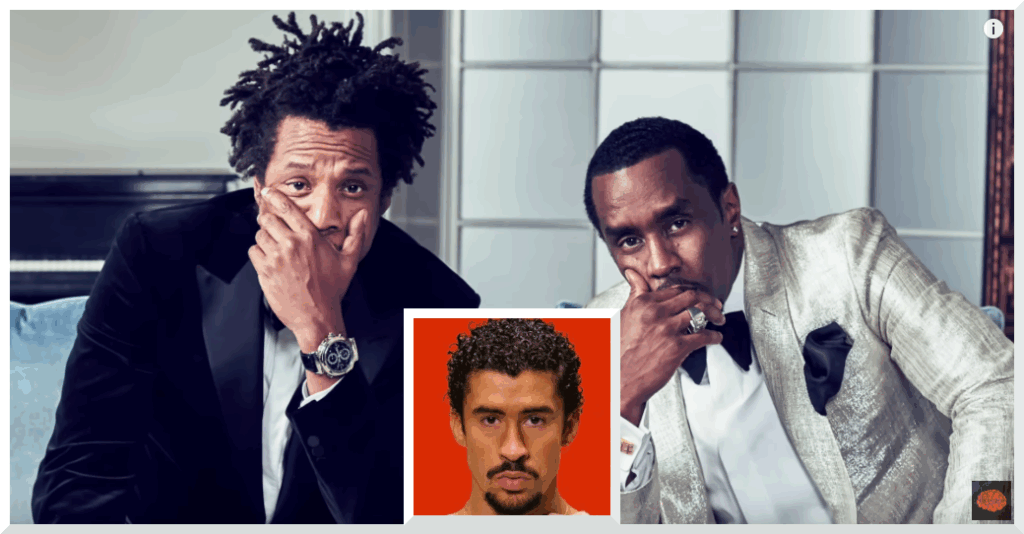Pam Bondi's testimony before the Senate Judiciary Committee was expected to be a contentious, partisan affair. It lived up to that billing.
It was the attorney general's first appearance at a congressional oversight hearing - and it was a timely one.
Two weeks ago, her justice department indicted former FBI Director James Comey, triggering an outcry from Democratic politicians.
Her testimony on Tuesday also came just a day after a group of former justice department employees released a letter accusing Bondi of helping to take a sledgehammer to longstanding work the department has done to protect communities and the rule of law.
Nerves were raw, and Bondi was clearly ready for a fight. Here are five takeaways from the hearing.
1) Bondi goes on the attack
Recent Trump administration officials, including Health Secretary Robert F Kennedy Jr and FBI Director Kash Patel, have relied on a clear playbook for testimony before hostile congressional committees.
Go on the attack early and often.
That strategy was on display throughout Bondi's testimony. When pressed on National Guard deployments, she said she wished Illinois Senator Dick Durbin and California Senator Alex Padilla loved their states as much as they hate Donald Trump.
When questioned about Jeffrey Epstein, she noted that several Democratic senators had taken money from deep-pocketed donors who had ties to the late convicted sex trafficker.
Bondi launched a series of pointed attacks on senators as they questioned her.
2) Lots of questions, few answers
When Bondi wasn't going on the attack, she frequently declined to comment on questions from both Democrats and Republicans.
She said she wouldn't discuss personnel matters when questioned about the spate of senior level justice department firings, including top FBI officials and a US lawyer who had recommended against the Comey indictment.
She wouldn't comment on ongoing investigations and legal proceedings – including the Comey case. She also wouldn't shed light on conversations she has had with the president or other White House aides.
When presented with a large photograph of her sitting at a table with the president the day after Trump had penned a Truth Social post calling for her to indict Comey, her only remark was that she loved the picture.
3) Bondi keen to focus on crime
Bondi appeared determined to focus on what she said was the Trump administration's goal of reducing crime in the US.
She was quick to cite statistics that she said showed the successes they have had so far – the number of arrests in Washington DC, the drug crackdowns and illegal firearm confiscations in Chicago, the drug seizures at the border.
We are returning to our core mission of fighting real crime, Bondi said.
Democrats may have had other ideas, but Bondi - and the White House - likely feel they are on the safest political ground when they talk about crime-fighting.
4) But Democrats focus on Epstein
A source of particular heat for Bondi over the past few months has been the justice department's handling of its investigation into Epstein, who before his death had well documented ties to many rich and powerful Americans.
For most of the hearing, Democrats were the ones peppering Bondi with Epstein-related questions.
Senator Sheldon Whitehouse wanted to know if the FBI had discovered pictures of Trump and half-naked young women, and whether the justice department had looked into suspicious activity reports about Epstein's finances.
Bondi wouldn't answer.
5) Republicans look back in anger
If Democrats were focused on what they view as the unprecedented weaponisation of the justice department under Trump, most of the Republican senators were more interested in fighting battles from the Biden presidency – or earlier.
Bondi, for her part, wholeheartedly agreed with the Republican chorus.
When the five-hour hearing finally concluded, the event had the feeling of a partisan house of mirrors, with each side accusing the other of political weaponisation and partisan prosecutions.




















